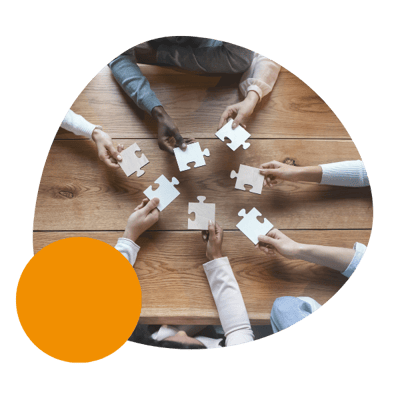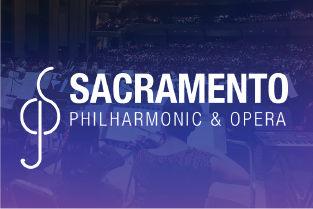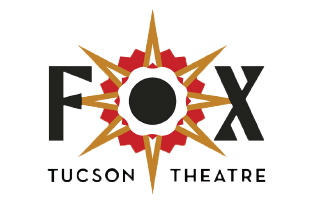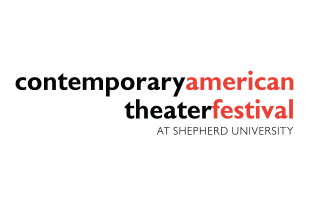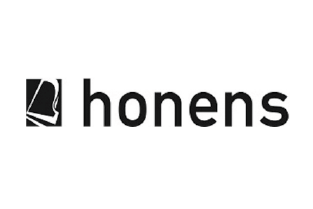How to Choose the Best
Arts CRM & Ticketing Software
Imagine what the right platform could achieve for your audience experience
Choosing your organization’s ticketing software is important to you, and it's important to us.
Booking tickets, promoting your next show, asking for donations – the software that operates behind the scenes of it all is a critical decision.
From theaters to orchestras to festivals, arts organizations like yours use CRMs like Spektrix to empower their teams, gain better data insights, and deepen relationships with their audiences. We consider ourselves your partner in reaching your goals, and that begins with helping you discover the best arts ticketing software for you – a solution that really and truly fits.
What does the right technology look like?
Morning
It's a busy day, but you’re going in confident.
You know that you’ll be able to move through everything swiftly and efficiently, with robust capabilities at your fingertips.
Great team meeting!
Your team collaborates and tackles challenges with ease, empowered by intuitive, easy-to-use functions, unlimited users, accessible data, practical support, and training.
Doors are open, and there’s a fantastic audience coming in for the show.
You’ve been able to engage audiences with powerful segmentation, sector insights, and a range of loyalty plans, from flex passes to philanthropy.
Another shining revenue report.
Your numbers are steadily increasing, with donations, ticket sales, and secondary spend reliably coming in. It’s all boosted by joined-up ticketing and fundraising records, personalized content, and packaged offers.
Night
Smoother days. Integrated functions. Long-term success.
Yes, it's all possible...
The Benefits of a Collaborative Marketing, Ticketing & Fundraising CRM
“If your CRM and ticketing system sits in isolation, you might know which patrons purchased tickets for a given event. By adding marketing data into the mix, you’ll learn who engaged with your emails or digital campaigns, and make it easier to target communications for other, similar events. And by layering fundraising data on top of that, you’ll learn which patrons added a donation to their ticket purchase, and might have the greatest propensity to become members, subscribers or major donors in the longer term."
Review Your Fit
When and why to re-evaluate your current software
We highly recommend that you continuously evaluate if you have the best arts ticketing software for your needs. Know when the end of your contract is coming up, so as to not miss out on the opportunity to do your due diligence to see if there’s a more suitable option available.
Pain points that could point to needing new software:
Hard to learn
Struggle meeting revenue goals
Clunky reporting
No efficient way to track donations
Bad online experience for your audience
Slow or limited in scope
Requires extra resources to keep functioning
Not future-proof
Start with the “why.” Take the time to think deeply and critically about what impact the best event ticketing software would make for your organization. Consider requirements that are goal-oriented and focused on the needs of your audiences and events, such as:
- Increase overall spend on tickets, subscriptions, food & beverage and more
- Boost donations and promote memberships or subscriptions
- Help departments work together and understand overall customer behavior
- Encourage everyone in your organization to measure impact and make decisions based on accurate audience data
Writing a simple list of functions or features that you want is tempting, but it’s not the most useful tool for evaluating potential systems. You’re more likely to get a rounded view of how a potential supplier can meet your requirements if you ask them how they'll address your business goals, not whether they have a specific feature.
Assess Your Current Position
Talk to audiences and teams to understand what they like best about your arts ticketing software, what they rely on, and what they’d love to improve.
Are you replacing one system or several?
Although usually referred to as the “ticketing system” or “box office system,” your existing system is likely to be used by marketers, fundraisers, and operations teams.
Who are the key stakeholders who need to have a say in your process? What other systems could you consolidate into one new one?
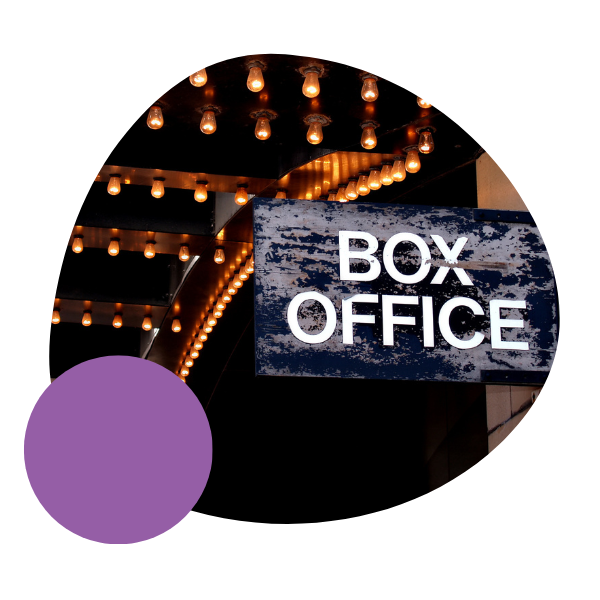
Understand your current provider contract
Many system providers will ask you to commit to a minimum term, ranging from 12 months up to multiple years. Your contract expiration date will inform your timeline for choosing a replacement, so make sure you know yours before you start researching new providers.
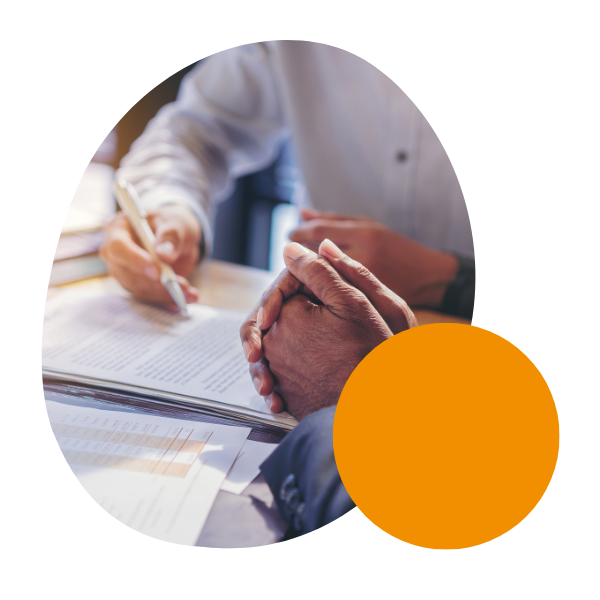
Think about your approach to buying a new system
If your organization is a non-profit, part of local government, or an academic institution, you may be required to run a competitive bid process or make formal requests for a proposal. Determining this early will save you considerable effort later.
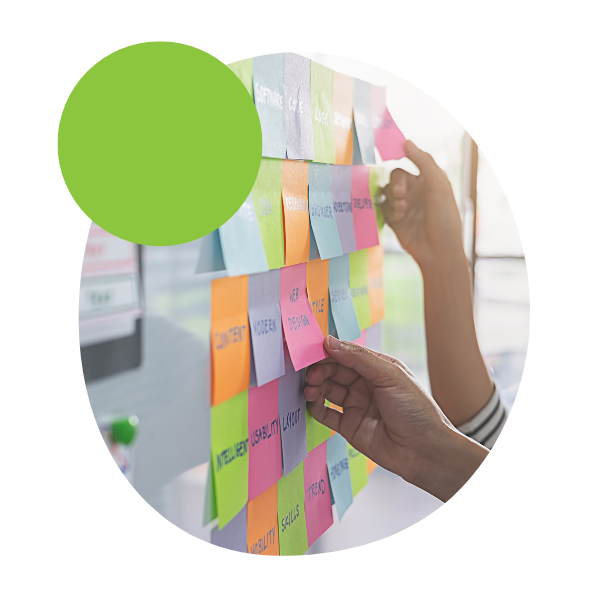
Learn what is important to your customers
Are there particular annoyances that your customers raise with you about your current booking process? To understand your customers' requirements, consider consulting with regular visitors or using software to monitor online behaviors and sticking points.
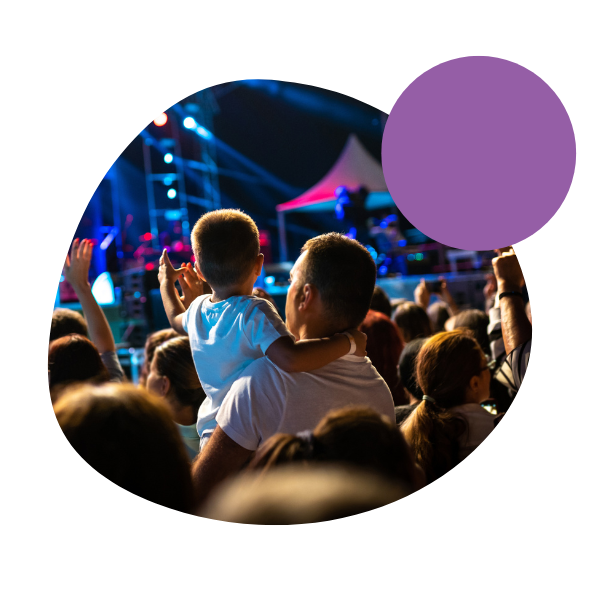
Asking the right questions
By focusing on your goals, you can frame your conversation to effectively evaluate which arts ticketing software will best support your box office. For example:
Internal challenge:
We’re not making enough money on add-on options when customers book tickets.
What you need from a new system:
Tools that put add-on options in front of the patron and encourage them to buy when making a booking.
Question to potential suppliers:
"Please demonstrate how your product can help us to drive additional purchases on advance sales, and provide examples of existing users who are successfully doing this that we can look at."
Make a Comparison
Why organizations like yours are choosing Spektrix
Once you have a clear idea of what you need, take a look at these side-by-side comparisons of major systems. We'll help you determine which ticketing software best suits the needs, values, and long-term success of your organization.
It's an opportunity to reimagine
how you work across teams, how you talk to your audiences, and how you maximize the value of your investment, calling on your Project Manager’s expertise to explore ideas for improvements or efficiencies.
It's a consultative process
in which you’ll gain insight and inspiration from cultural organizations right across the country, while we build a complete picture of your team and priorities, helping us suggest the best possible outcomes for your audiences, donors and teams.
It's collaborative
and will draw together colleagues from across your organization to reimagine what your CRM could do, supported by experts in fundraising, data, communications, web integrations and patron experience.
You could go live with Spektrix in as little as 12 weeks.
So, if you were to commit to the change in August, you’d be live in time for your crucial winter events.
Every organization is unique, and every implementation process starts with a kick off meeting to plan a timeline based on your specific needs.




